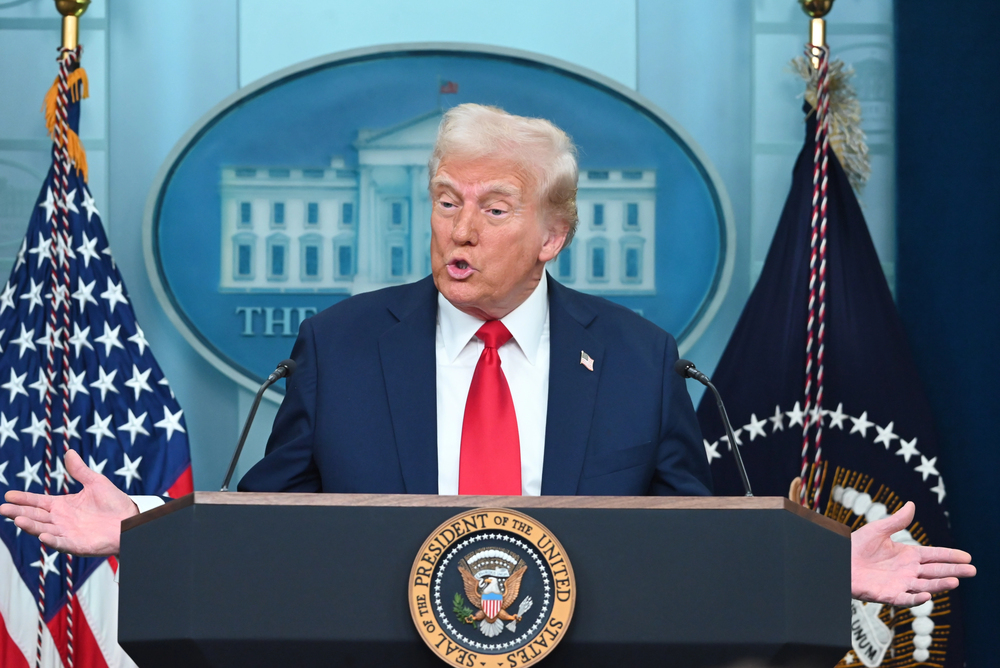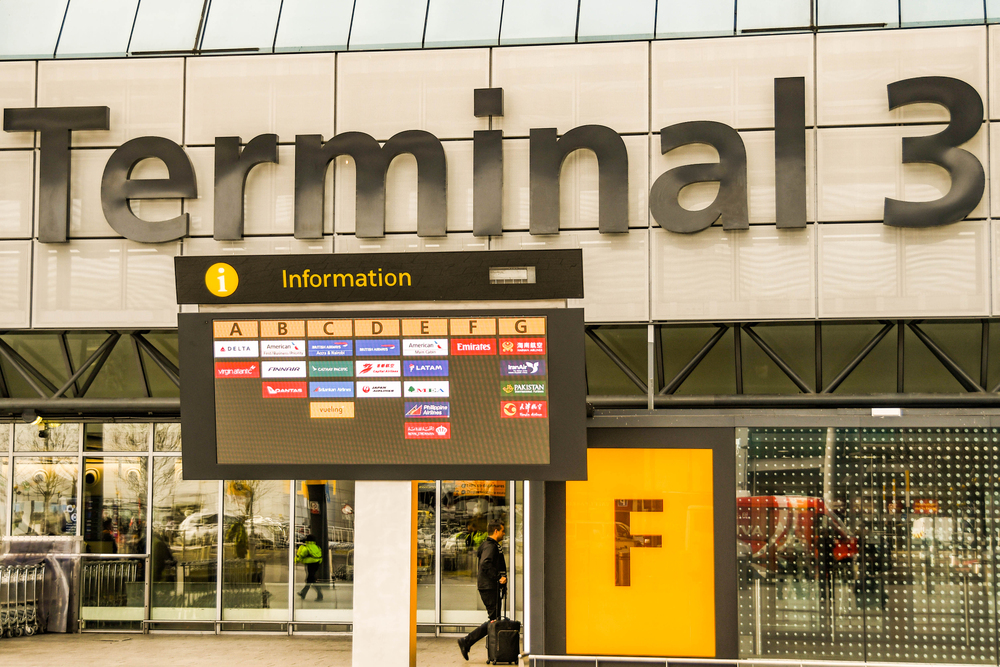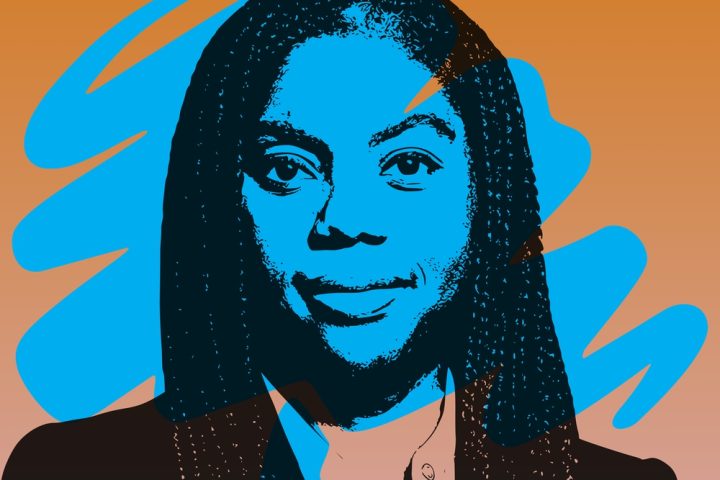In July 2025, the UK’s technology sector continues to shine as a symbol of resilience and ambition. Despite a 0.3% GDP contraction in April and ongoing global trade uncertainties, the sector is expanding across infrastructure, innovation, and inclusion. BT Group has emerged as a FTSE 100 standout, rising 34% in share value thanks to a major fibre rollout and strategic restructuring. The government’s ‘IT reuse for good’ charter targets digital exclusion and e-waste, aiming to empower 1.5 million people with devices. A $1 million Meta-backed AI fellowship is driving innovation in public services. Globally, Nvidia and Bitcoin are defying tariff concerns, highlighting the tech sector’s strength amid disruption.
BT Group: A Cornerstone of UK Tech Growth
BT Group has cemented its place as a top performer on the FTSE 100, with its share price jumping over 34% since January 2025 to reach a five-year high by 10 July. This growth, as reported by City AM, reflects BT’s aggressive full fibre network expansion, cost-cutting, and potential market-shifting acquisitions. With 18 million premises now covered and 6.5 million connected, the target has been increased to 25 million by December 2026.
Chief executive Allison Kirkby said, “The momentum in, and impact of, our full fibre programme is such that we are now raising our build target, keeping us comfortably on track to reach 25 million, while maintaining our cash flow guidance.”
Despite carrying £20 billion in debt—nearly twice its equity—BT has demonstrated resilience, generating £6.17 billion in operating cash flow and delivering £900 million in annualised savings. A planned workforce reduction of up to 55,000 jobs by 2030 may be exceeded, with Kirkby suggesting AI could lead to a “even smaller” BT, as automation transforms operations.
BT’s restructuring strategy—spinning off its international division and selling Italian and Irish operations—reflects a renewed domestic focus. Speculation around spinning off Openreach or acquiring TalkTalk could significantly reshape the broadband market, driven by demand for high-speed connectivity in a digital-first world.
The government’s £86 billion R&D and innovation package, announced in June, offers further opportunity. The plan includes £22.5 billion per year through the decade, targeting sectors such as life sciences, AI, clean energy, and telecoms infrastructure. A £500 million allocation for regional innovation clusters—covering areas like AI transport tech in the West Midlands and diagnostics in Manchester—aligns with BT’s expertise and strategic priorities.
Tackling Digital Exclusion: The ‘IT Reuse for Good’ Charter
On 10 July 2025, telecoms minister Sir Chris Bryant introduced the ‘IT reuse for good’ charter to address digital exclusion and the UK’s mounting e-waste. The initiative, in partnership with BT, Deloitte, and the Good Things Foundation, aims to redistribute second-hand corporate devices to 1.5 million people currently without digital access.
Bryant said, “This charter represents a significant step forward in our mission to bridge the digital divide and create a more sustainable approach to technology.”
The charter builds on the National Device Bank, which has already enabled widespread device donation. Helen Milner of the Good Things Foundation called the new scheme “a game changer,” though she acknowledged that 19 million people still face digital exclusion—especially in underserved areas like Wrexham and Kidderminster.
Elizabeth Anderson of the Digital Poverty Alliance criticised the absence of a national digital strategy since 2015, pointing to a recent survey of 500 institutions, of which only 50 offer comprehensive digital support. The charter also tackles e-waste, responding to a trend that has seen over 12 million computers sent to landfill in five years. Deloitte’s donation of 20,000 devices sets an example, though Richard Houston urged broader participation: “Together, we can bridge the digital divide.”
However, without long-term investment and national infrastructure, critics warn the charter could become a short-term solution. Regional gaps are already clear: 67% of London SMEs access digital support, while most businesses in the North East, South West, and West Midlands report no engagement.
Anderson added, “Digital poverty affects people’s ability to access crucial resources and participate fully in their communities. We must ensure that everyone, regardless of their location, has access to the tools, training, and support they need to thrive in a digital world.”
Meta’s AI Fellowship: Open-Source Tools for Public Services
On 8 July 2025, the UK government launched a $1 million AI fellowship with funding from Meta and delivery through the Alan Turing Institute. The 12-month programme invites top engineers to develop open-source tools using models like Llama 4, with use cases spanning planning systems, national security, and public services.
Technology Secretary Peter Kyle described the programme as “open, practical, and built for public good.” Meta’s Joel Kaplan said open-source models are “helping researchers and developers make major scientific and medical breakthroughs” and can also “transform the delivery of public services.”
Still, Meta’s role in the fellowship has raised concerns. Critics argue that involving a US tech giant with a track record of privacy controversies could undermine the UK’s AI sovereignty. Data security, bias, and system complexity remain key challenges, especially with public-sector reliance on platforms also supported by Google Cloud.
The concentration of 80% of UK AI jobs within the M25 further fuels concerns of a two-tier economy. Emma Kendrew of Accenture noted that regions like the West Midlands, North East, and South West risk being left behind without targeted investment.
Despite these concerns, the fellowship is already yielding results. One early success is Caddy, a tool developed with Citizens Advice that supports Cabinet Office teams, improving productivity and decision-making. While the open-source nature of the fellowship offers benefits in cost and transparency, it requires strong governance to protect ethical and national interests.
Global Tech Resilience: Nvidia and Bitcoin Amid Tariff Tensions
Globally, Nvidia and Bitcoin are standing strong in the face of economic and political pressure. On 9 July, Nvidia became the world’s first $4 trillion company, credited with driving 7% of the S&P 500’s 2025 performance and nearly a quarter of Nasdaq 100’s gains. Gabriel Debach of eToro remarked, “It’s no longer just a tech story—Nvidia is shaping the direction of entire indices.”
Bitcoin has also surged, surpassing $112,000 following institutional interest and speculation over a possible US strategic reserve. Coinglass reported $340 million in liquidated short positions, illustrating the crypto market’s volatility.
These gains come despite President Trump’s 7 July executive order postponing new reciprocal tariffs until 1 August. This delay gives trading partners like Japan and South Korea time to renegotiate, but supply chains for tech firms such as Apple, Dell, and Samsung remain uncertain. A US probe into chip imports could further inflate costs and suppress demand.
Matt Britzman of Hargreaves Lansdown cautioned that while Nvidia appears resilient, markets might be underestimating long-term risks. “Investors have largely brushed aside the latest tariff noise,” he said, “but there’s a risk they’re underpricing the longer-term impact.”
The cyber threat landscape is also shifting. Paul Chichester of the National Cyber Security Centre said AI is both expanding attack surfaces and enhancing defensive capabilities. However, a Neighbourly survey found that 56% of small charities lack the skills to adopt AI, 48% don’t understand it, and 44% face financial barriers—highlighting the need for accessible training and support.
Overcoming Barriers to a Sustainable Tech Ecosystem
BT’s success, underpinned by cost discipline and fibre investment, must still be balanced against its £20 billion debt and major workforce reductions. Strategic decisions—such as a potential Openreach spin-off or TalkTalk acquisition—could help secure future market share, but investor confidence depends on cautious execution.
The ‘IT reuse for good’ charter faces a monumental task in reaching 19 million excluded individuals. Long-term investment, especially outside London, will be vital to scaling the programme and avoiding short-term fixes. The UK’s e-waste challenge demands national infrastructure and wider corporate engagement to make lasting impact.
The Meta-backed fellowship has promise but must be carefully governed to avoid overreliance on US tech firms. A more regionally inclusive AI workforce is also needed. The government’s £500 million for innovation clusters could be key in closing this gap.
Internationally, trade tensions, tariff risks, and chip shortages threaten global supply chains. The UK must strengthen cybersecurity, build AI talent, and offer support to small charities and local organisations that risk falling behind.
A Vision for a Resilient and Inclusive Tech Economy
BT’s market performance, the ‘IT reuse for good’ initiative, the Meta AI fellowship, and the resilience of Nvidia and Bitcoin highlight the UK’s ambition to become a global technology leader. The country is expanding its digital infrastructure, promoting innovation in public services, and addressing long-standing issues of inclusion and inequality.
But real success depends on closing regional divides, reinforcing data governance, and investing in a more equitable future. With London now considered the world’s second AI hub after San Francisco, and BT powering the nation’s digital backbone, the UK has a solid foundation. Ensuring all communities share in this progress will define the future of the country’s tech economy.






